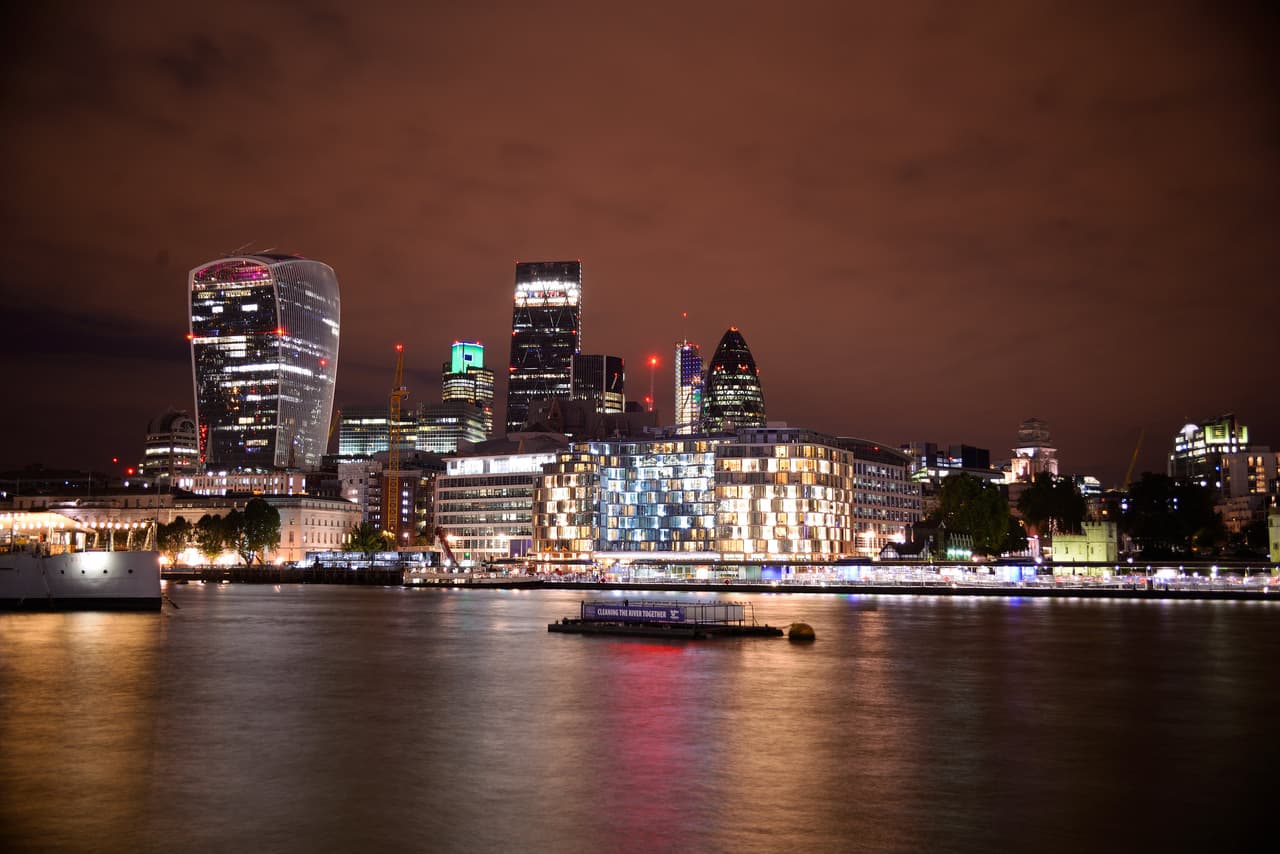
Who are the enablers and why are we investigating them?
What are we investigating?
Our Enablers project, launched in the summer of 2020, investigates how top-paid business executives, lawyers and political advisors in the UK are enabling oligarchs, dictators and criminals around the world. This story has gone untold for too long. A lot of mainstream reporting has been done on the crimes, abuses and financial misdeeds of malicious foreign states and wealthy individuals – but very little has been brought to light about the lawyers, PR advisers, accountants, estate agents and bankers that take care of the details and help them get away with it.
London is not just a global capital of finance – it is the top destination for the world’s corrupt elites. And every day those elites pay respected UK professionals and businesses to open political doors, lobby against sanctions, fight legal battles and launder money and reputations. In doing so these institutions and individuals push the boundaries of the law and degrade the principles of our democracy. This is what we are shining a light on.
This is not simply a story about tax or buying up property – it is about the UK’s role in enabling damaging global behaviours that our government and our news outlets so regularly condemn. According to the Corporate Tax Haven Index, Britain and its overseas territories and Crown dependencies account for a third of the world’s corporate tax avoidance risks; UK laws are legalising the proceeds of state corruption and criminality.
Why is this important to cover?
Global corruption, offshore finance, sanctions evasion, reputation laundering…. All may seem like worthy subjects of concern for some, but not bread and butter issues that affect the daily lives of ordinary people in the UK. In fact, they impact all of us. The activities of the UK’s enablers are weakening our institutions and skewing the norms that govern our judiciary, our parliament and our government. As dark money buys access to our courts and our politicians, our society becomes less fair and more unequal. Our institutions work less well and do not fully serve the interests of the citizens they are there to represent, at the same time as they prop up financial crime and authoritarian regimes around the world. It is hard to think of anything more corrosive to democracy.
The UK prides itself on a strong reputation for fighting corruption. Yet UK professionals and institutions actually play a major role in facilitating global crime and misdeeds. This reality, and what it means for our society, is not widely reported, meaning it cannot be widely understood or challenged. This needs to change.
How can journalism be useful?
Quality journalism in this area is critically needed. First, to change the popular discourse. There is an impression that wrongdoing by foreign nationals is not a British problem. Corruption may have seeped in – shadowy elites may live in London mansions, or visit City establishments – but “it’s them, not us”. But this circus did not spring up around us overnight; we are the ringmasters, and the UK is raking in the profits. British businesses and individuals are making a lot of money building a system that perpetuates corruption while our government publicly condemns it. We need media attention to change the popular perception.
That media attention needs to be deep, thorough investigative journalism. Corruption and financial wrongdoing are by their nature secretive and often deeply complex. Free from the pressures of daily news reporting, the Bureau can spend as long as it takes to get to the bottom of what’s going on – to break down the chains of influence, reveal the real faces behind the shell companies and understand the legal and regulatory loopholes. We can also look at the big picture. As well as reporting the individual cases of wrongdoing, we will examine the enablers’ system. Our team has 20 years experience reporting in this area between them.
Great storytelling is needed to make this topic accessible and take understanding of it beyond a niche audience and into popular culture. The Bureau has a long history of non-traditional formats and will continue to explore new ways of imparting information and reaching new audiences, off the page and in the real world.
What do we hope to achieve?
This is such an underreported area that our primary goal is simply to get the truth about what is going on and expose it. We want to understand the mechanisms of the system and reveal some of the faces behind it. Over time we hope to build public understanding of the UK’s enablers, start a conversation about what could and should be done, and provide facts and evidence to those seeking to drive positive change.
Got a Story?
We welcome tip-offs from the public and we always protect our sources
Find out how to work with us



